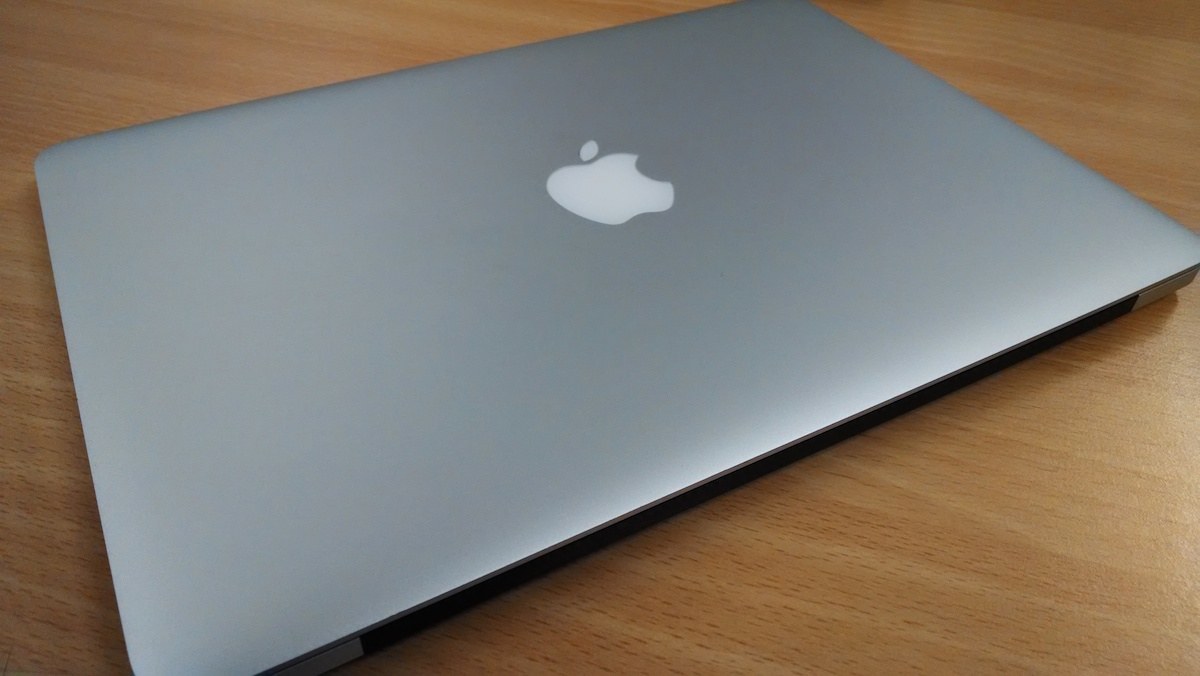Why Apple fanboys are in security denial
Davey Winder tells Apple users why they're wrong to assume their operating systems are "more secure" than Microsoft's


Apple's operating systems are often considered to be "more secure" than Microsoft's offerings, particularly on the malware front.
More secure is not (no matter how loud the Apple fanboys scream) the same as totally secure though.
Apple claims "iOS is designed with advanced security technologies built in so that IT has end-to-end control of devices, data and apps" and goes on to insist that "iOS delivers a secure architecture and provides enhanced data protection." Both these claims would appear to be less than, well, secure.
Last week security researchers at FireEye talked about an iOS vulnerability under a disclosure piece entitled 'All Your iOS Apps Belong to Us.' The so-called Masque Attack is of particular interest to enterprise iOS users because it means a genuine 'App Store App' could be replaced by a malicious one installed through the enterprise provisioning process.
All it takes is for both applications to use the same bundle identifier. The only apps not at risk are the pre-installed iOS ones such as Mobile Safari for example.
How can this be? Surely there's some highly convoluted methodology at play to get around the iOS secure architecture of which Apple is so proud? Erm, nope, not really.
iOS simply doesn't enforce matching certificates for apps with the same bundle identifier. End of. This isn't your usual 'oh but if a device is jailbroken then users get what they deserve' exercise either, as FireEye verified the vulnerability for jailbroken and non-jailbroken devices with equal impact.
Sign up today and you will receive a free copy of our Future Focus 2025 report - the leading guidance on AI, cybersecurity and other IT challenges as per 700+ senior executives
What's more, the company did so through wireless network and USB access. The researchers responsibly disclosed the vulnerability to Apple back in July, and Apple says the vulnerability "hasn't been used against customers, and security measures are in place to prevent bad software from making its way onto your device" so that's OK then. Apart from the fact it isn't.
FireEye says it has examined how the WireLurker malware is actively utilising Masque, albeit in a limited form, to attack iOS devices through USB.
It's possible, the researchers say, to replace a banking app this way and gain access to banking credentials. It's also possible for the malware to be able to access the original application's local data as this is not always removed when that app is replaced. Data which may include login-tokens or cached emails, for example. Still, as long as Apple isn't concerned you don't need to be, right? Wrong! With a bloody big W.
Individual iOS users are, fair enough, pretty safe from the risk which Masque poses, but enterprise users are not. Apps distributed using enterprise provisioning profiles are not subject to the Apple security review process.
Obviously, to mitigate the enterprise risk, only apps from the enterprise's own secure site should be installed, and users shouldn't install any from third-party sites or just because a pop-up tells them to.
Any iOS alerts concerning untrusted app developers should be taken seriously and the don't trust option selected. Better still, Apple could get off it's high horse and fix the problem for everyone, and that includes enterprise users.
Davey is a three-decade veteran technology journalist specialising in cybersecurity and privacy matters and has been a Contributing Editor at PC Pro magazine since the first issue was published in 1994. He's also a Senior Contributor at Forbes, and co-founder of the Forbes Straight Talking Cyber video project that won the ‘Most Educational Content’ category at the 2021 European Cybersecurity Blogger Awards.
Davey has also picked up many other awards over the years, including the Security Serious ‘Cyber Writer of the Year’ title in 2020. As well as being the only three-time winner of the BT Security Journalist of the Year award (2006, 2008, 2010) Davey was also named BT Technology Journalist of the Year in 1996 for a forward-looking feature in PC Pro Magazine called ‘Threats to the Internet.’ In 2011 he was honoured with the Enigma Award for a lifetime contribution to IT security journalism which, thankfully, didn’t end his ongoing contributions - or his life for that matter.
You can follow Davey on Twitter @happygeek, or email him at davey@happygeek.com.
-
 Gender diversity improvements could be the key to tackling the UK's AI skills shortage
Gender diversity improvements could be the key to tackling the UK's AI skills shortageNews Encouraging more women to pursue tech careers could plug huge gaps in the AI workforce
-
 Researchers claim Salt Typhoon masterminds learned their trade at Cisco Network Academy
Researchers claim Salt Typhoon masterminds learned their trade at Cisco Network AcademyNews The Salt Typhoon hacker group has targeted telecoms operators and US National Guard networks in recent years
